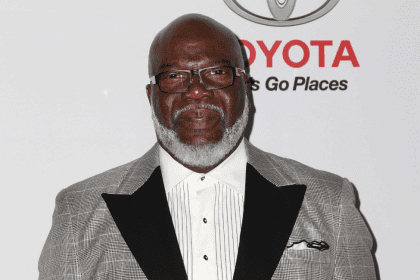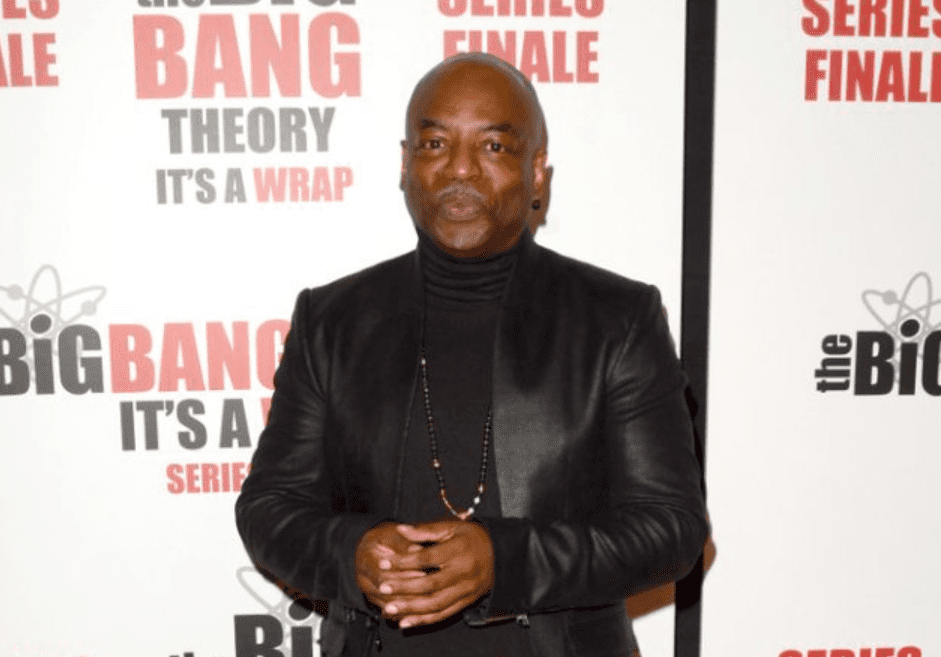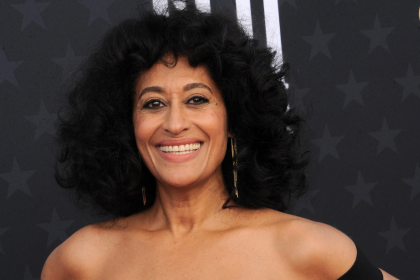
On Aug. 17, NPR released a story about HBCUs building a prison-to-college pipeline.
Stanley Andrisse shared his experience of being a 21-year-old sitting in a courtroom about to face 20 years to life in prison. He was convicted on three felony counts and spent the next few years in a Missouri prison.
Andrisse is now an endocrinologist, scientist, and professor at Howard University’s College of Medicine. With the help of his mentor, while he was incarcerated, Andrisse was able to get his life back on track, and the hope is that more HBCUs will invest in education for incarcerated or formerly incarcerated people.
Rabia Qutab also shared her experience with Howard University staff and students.
Qutab served five years in a prison in Texas, but before that, she had finished her pre-med degree and was preparing to apply to medical school. When she got out, she didn’t know what to do next.
“I was like, I know I want to go back to school, but how do we do this,” Qutab said. “I want to pursue medicine, but then I have to worry about my record.”
That’s when she found a program at Howard University that allowed formerly incarcerated students to gain experience in a top medical school lab, along with mentoring. The founder and director of the program was Andrisse, who could relate to Qutab dilemma.
If more HBCUs are able to adopt this practice, many people that may have been incarcerated may find a bright future with a quality education are doable.
















